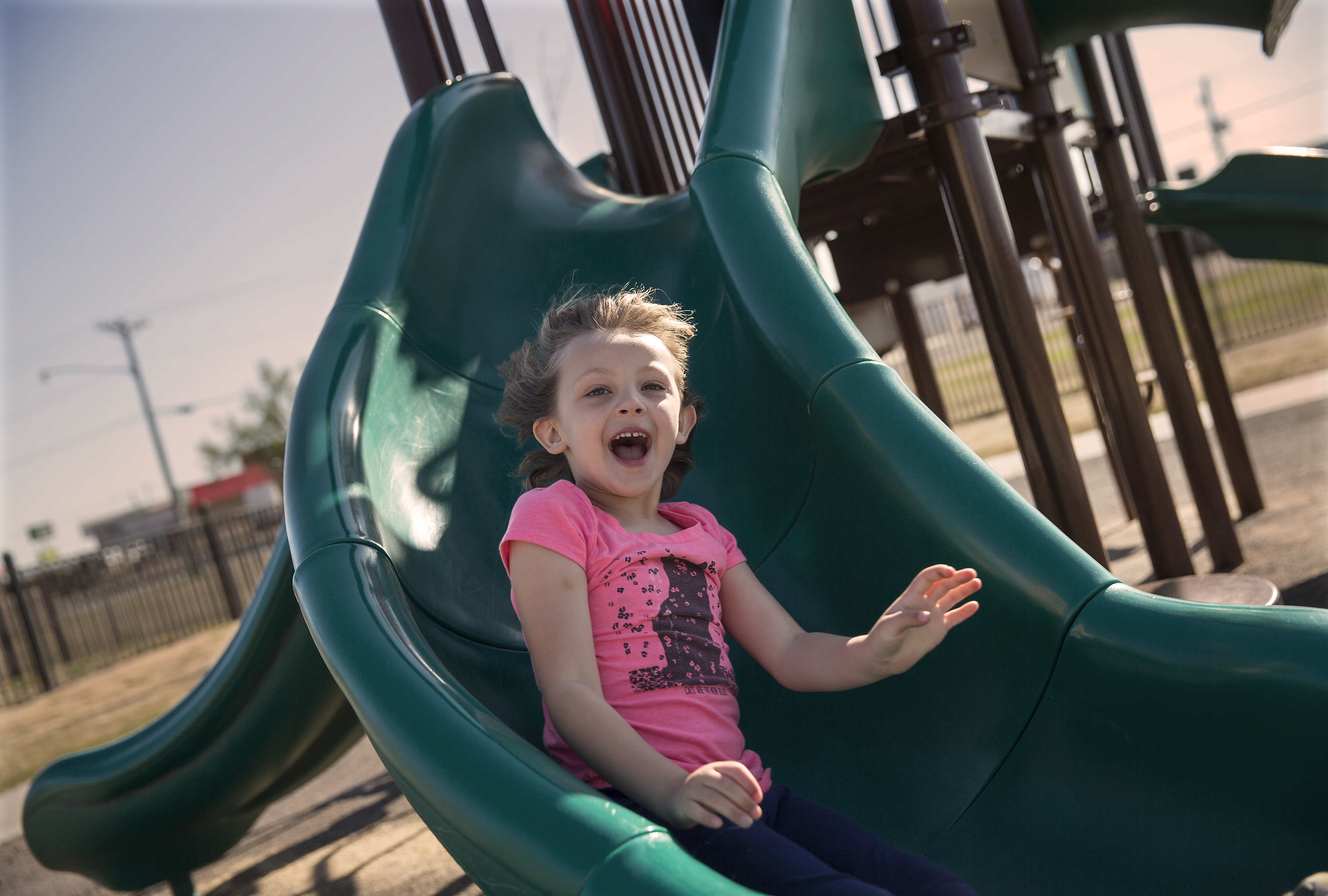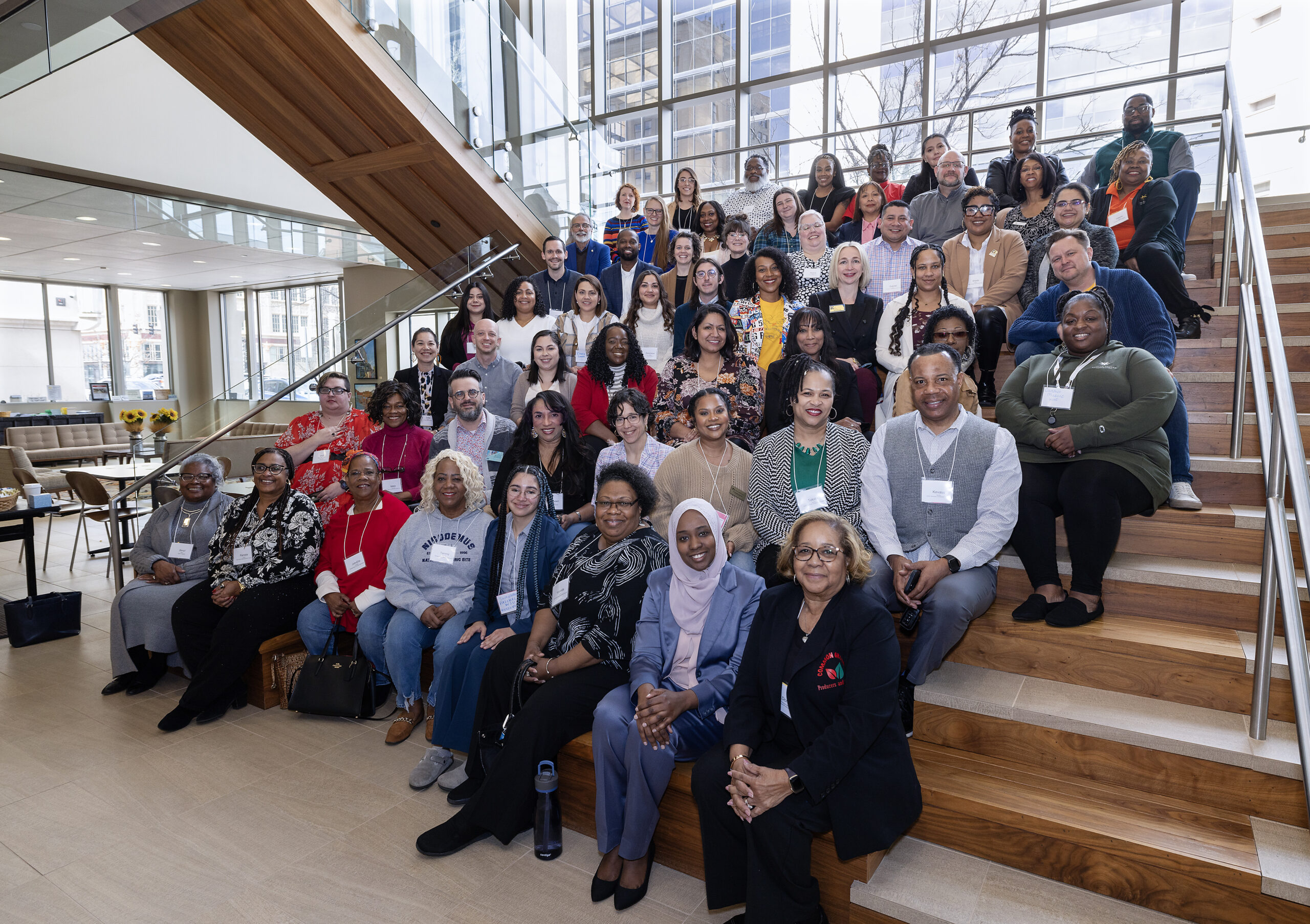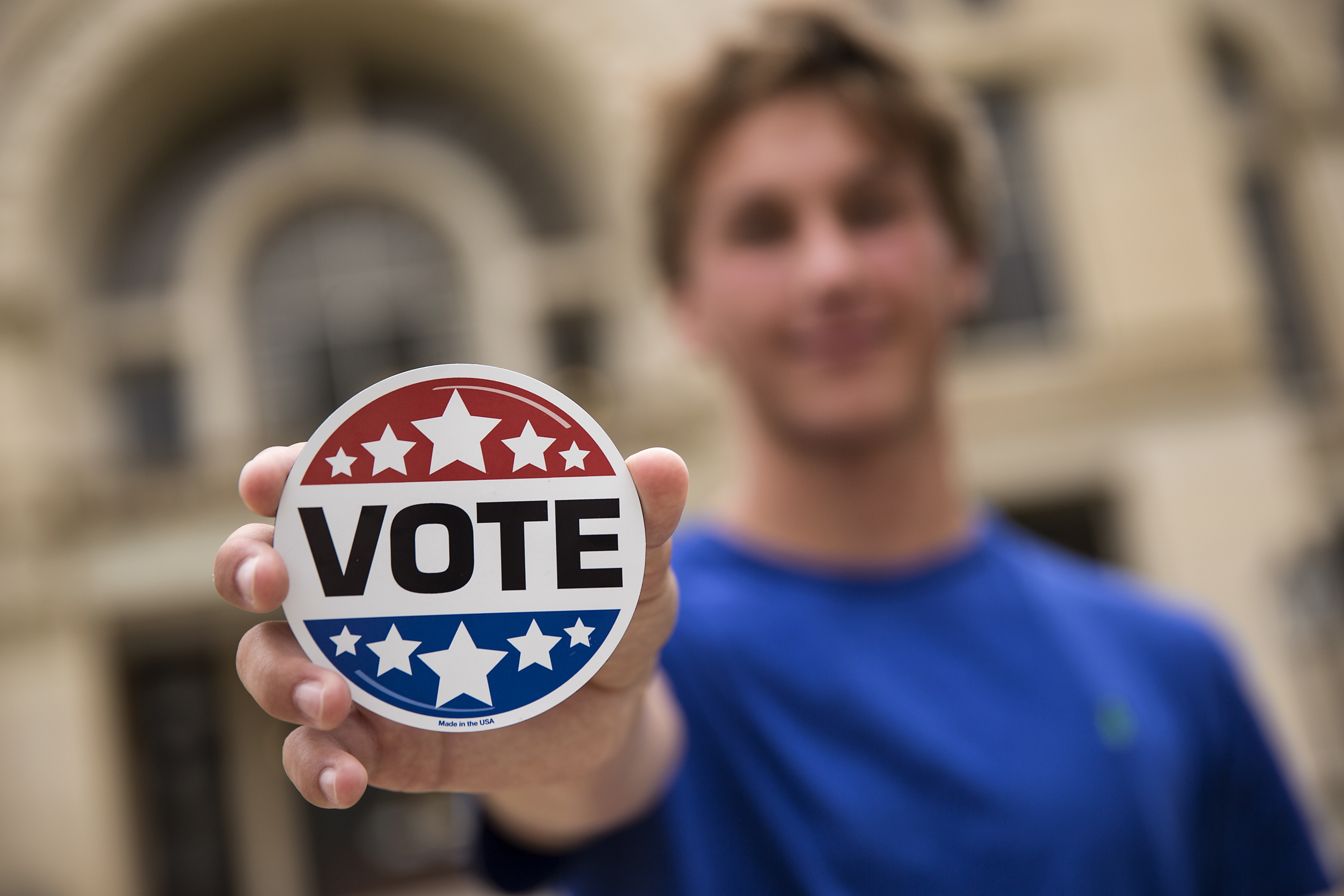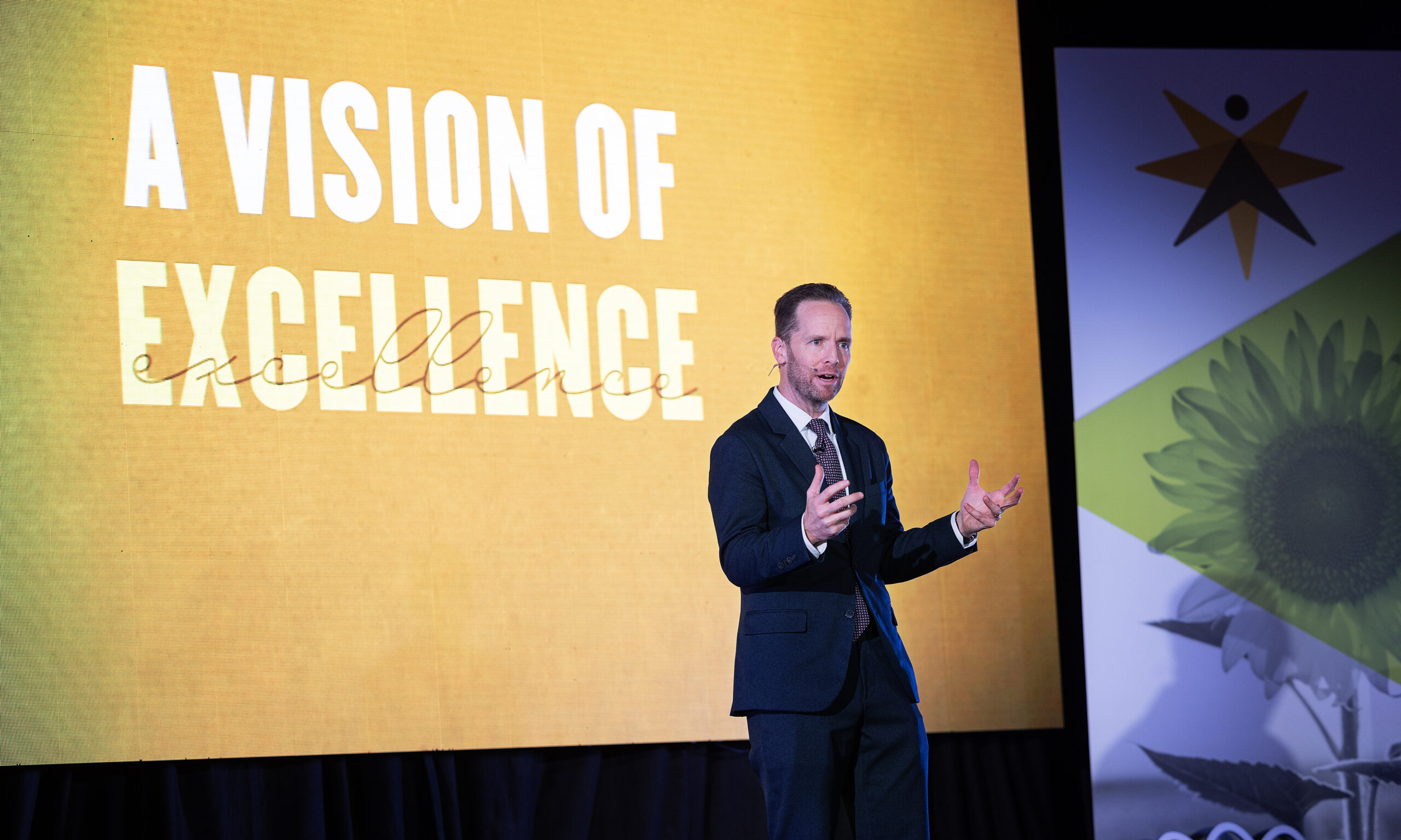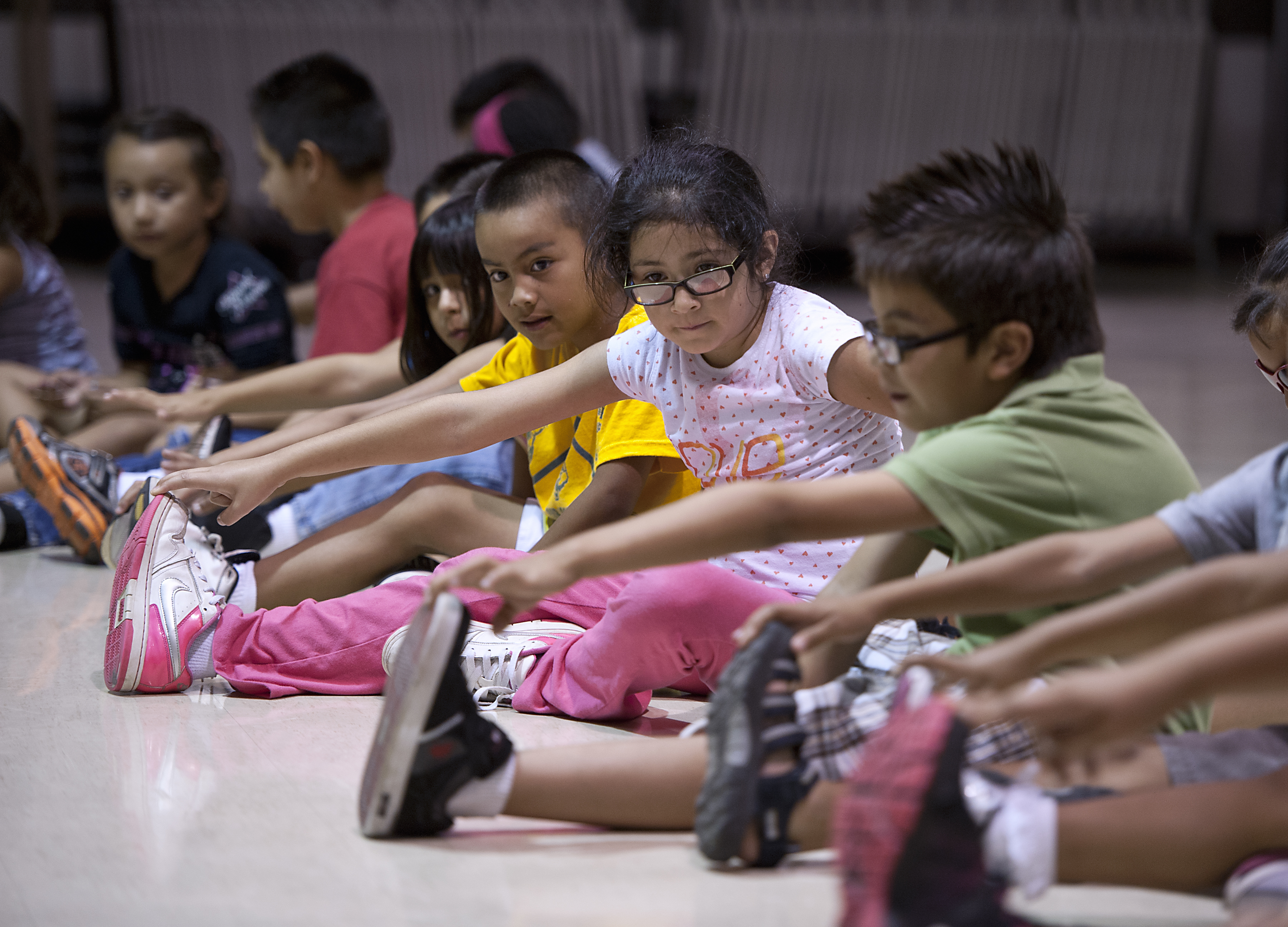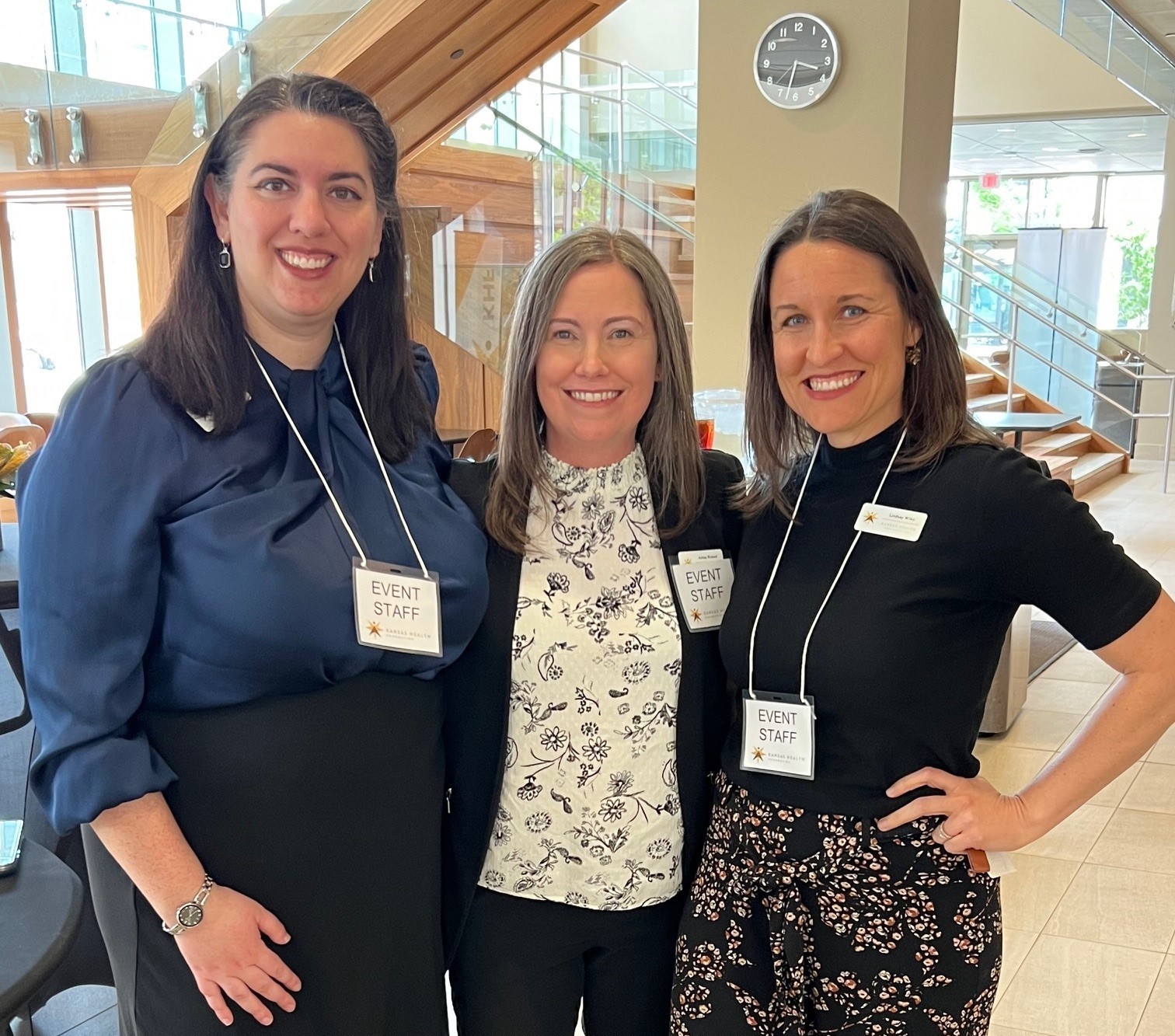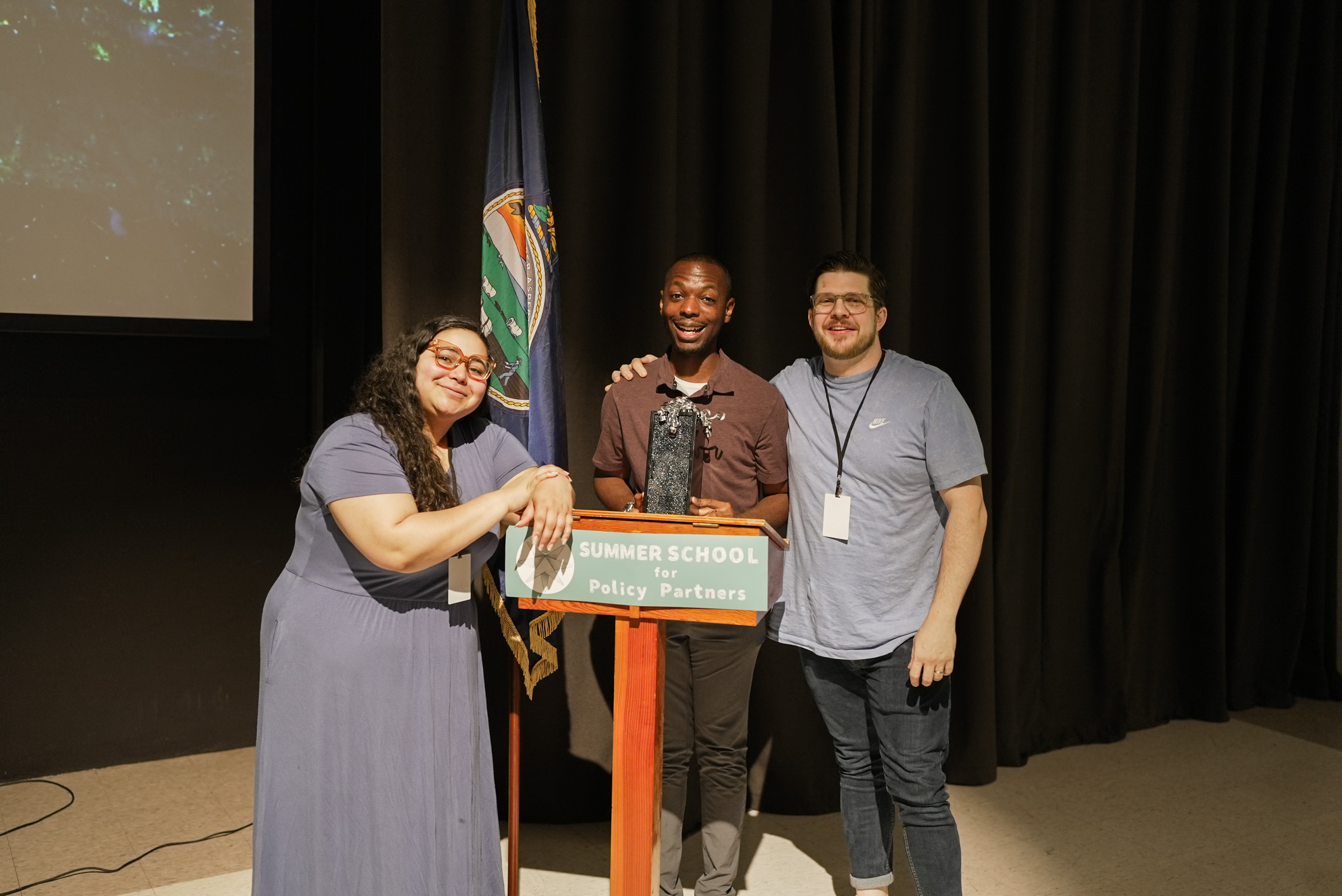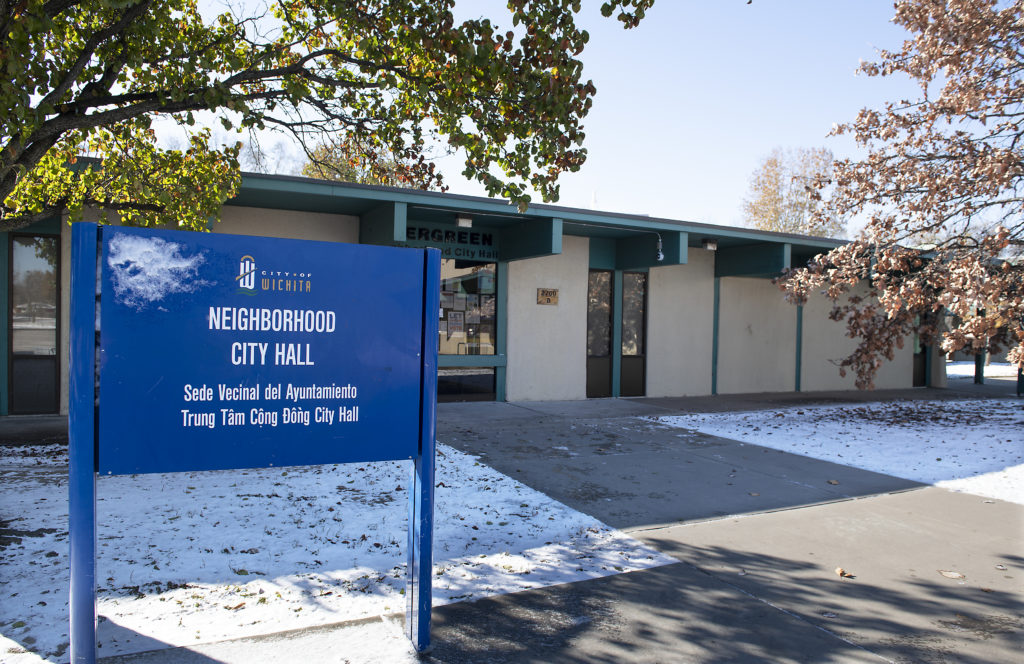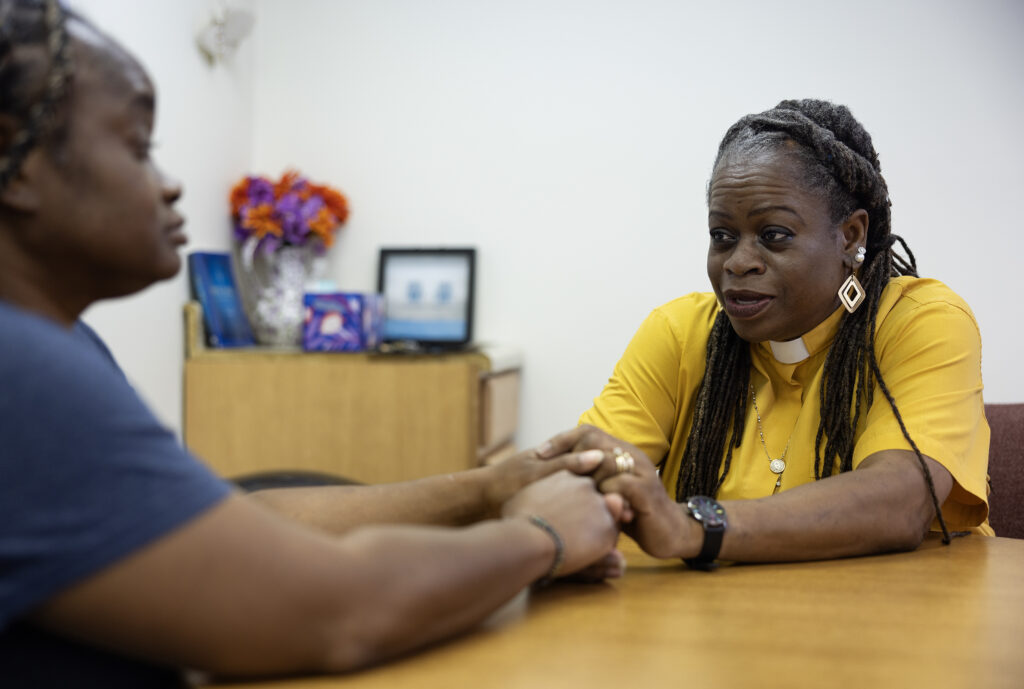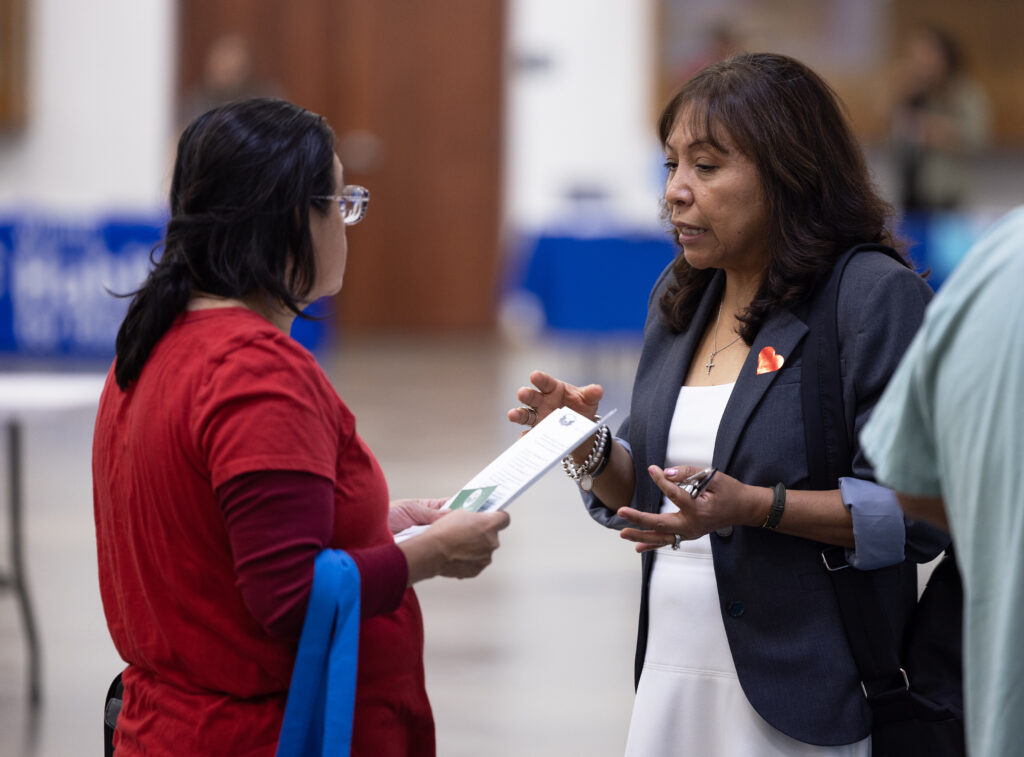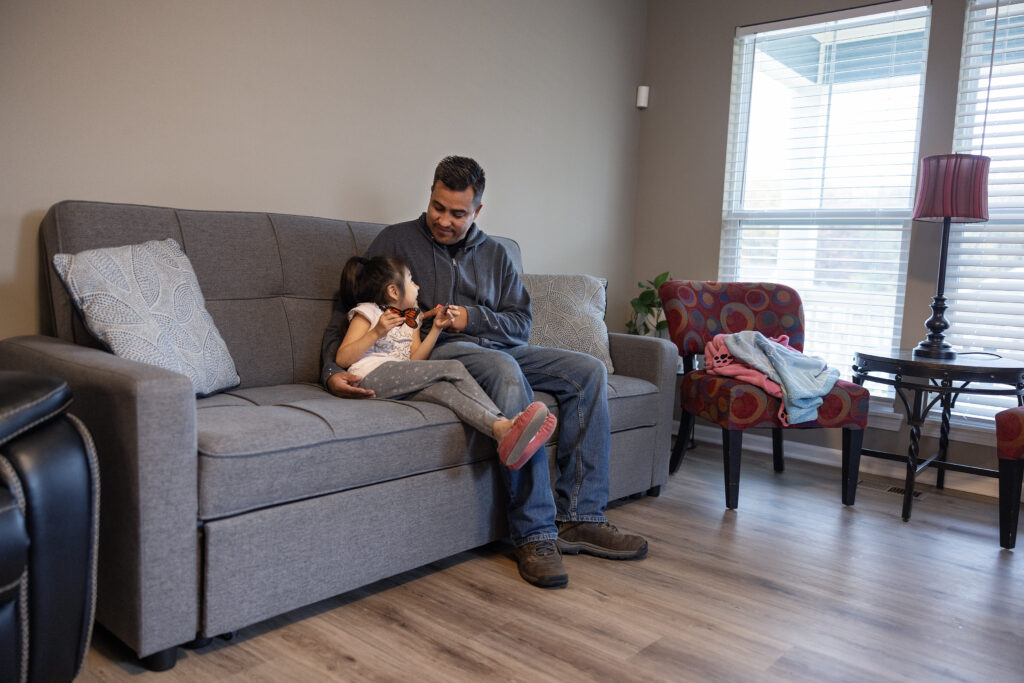Last summer, the Kansas Health Foundation created an initiative to strengthen community coalitions and address social and economic issues that impact health.
These coalitions were tasked with identifying a priority population that experiences negative health outcomes, and to educate, mobilize and engage these residents to create solutions for a healthier neighborhood. This group of coalitions also forms a statewide learning network that can develop new local strategies to sustain healthy community work in the future.
“Throughout the state, we’re seeing communities and neighborhoods make tremendous progress with resident-led initiatives,” said Steve Coen, KHF president and CEO. “When people are connected to and invested in a community, they are far more likely to care deeply about others and seek ways to improve health and wellness.”
One of the coalitions currently involved in the more than $7 million KHF project is the Health & Wellness Coalition of Wichita (HWC). The Coalition, which is a community program of the Greater Wichita YMCA, will receive more than $261,000 before the project ends in December 2020.
Becky Tuttle, Greater Wichita YMCA community development director, said the coalition was excited to continue their existing work to improve health in the greater Wichita area. Much of this work focuses on addressing additional health disparities that adversely affect people who have systematically experienced greater health obstacles based on characteristics like their racial or ethnic group, religion, socioeconomic status or geographic location.
“This funding opportunity allows the HWC to take a deeper dive and focus greater efforts to deliberately engage the affected community members – those ‘moved’ and ‘shaken’ by the traditional ‘movers’ and ‘shakers’ – in the identification, decision making, and advocacy efforts to improve community health outcomes for all,” Tuttle said.
The Coalition chose to focus on a predominant Hispanic community: The Evergreen Neighborhood, located in north Wichita.
According to the KHF’s recent demographics report, the Hispanic population in the Wichita metropolitan area is projected to more than quadruple from 82,208 to 354,358 between 2016 and 2066 – an increase of more than 331 percent.
Between 2051 and 2056, Wichita is expected to become a majority/minority region, meaning less than half the population will be non-Hispanic White.
Coalition members felt the neighborhood was also a good fit for the project because health was being promoted within the community, and the Coalition’s community partners were beginning to offer healthy resources in Spanish.
Shelley Rich, HWC director of health equity, was brought on as the community liaison, and has worked for the past year to build relationships with respected community leaders. These leaders will be contacting residents and encouraging them to work on the project, where residents will identify a health issue and work together to address this need.
Brandon Findley has worked in the community for the past couple years, including with individuals like Frances, and sees the community needs every day.
Findley thinks mental health, year-round food access and diabetes education will be among the top health priorities chosen for the Evergreen Neighborhood.
Frances knows residents have a willingness to reach out and receive services, and have an overall desire to get better. Sometimes, like with many communities, residents just don’t know what help is out there or where to start.
She said that “telling” people what to do is rarely successful in changing behaviors. But including them in the process is what makes change possible. The residents need to decide what issues should be addressed and be a part of determining the solution.
“If people aren’t well – both physically and mentally – then they can’t be financially successful, they can’t be socially successful, they can’t collaborate and help each other, because they can’t even help themselves,” Findley said.
Successful projects and events in Evergreen have always been community-driven, Findley said, and he suspects because of the core component of the project, this one will be too.
“This has been an amazing experience for the Health & Wellness Coalition of Wichita,” Tuttle said. “It has helped to reframe our work and tell the story of what we do to make the community a better place to live, learn, earn, play and pray in a different way. We can’t wait to begin meeting with residents and helping create real change!”
###

